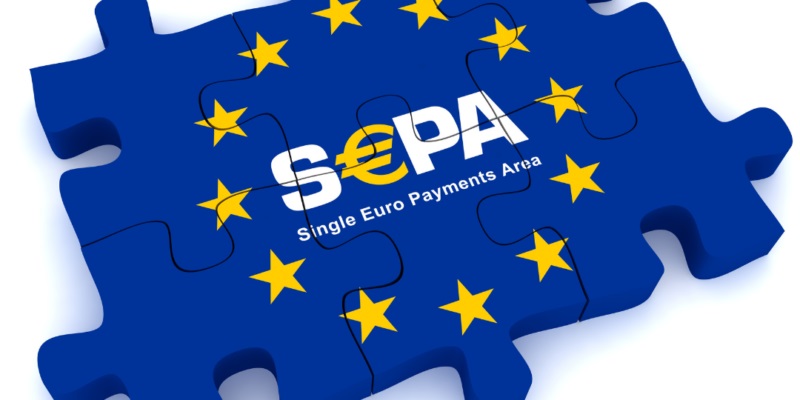
SEPA Payments: A Comprehensive Review of a European Financial Revolution
In today’s interconnected world, the need for seamless cross-border financial transactions is paramount. SEPA, or the Single Euro Payments Area, stands as one of Europe’s answers to this growing need. But what exactly is SEPA, and why has it become so crucial in the financial landscape?
Understanding the Essence of SEPA
The Single Euro Payments Area is an EU initiative that simplifies bank transfers made in euros. It’s a standardized system, ensuring that payments in the Eurozone are as straightforward as domestic ones. Its primary objective is to eliminate discrepancies and barriers between different European nations.
SEPA’s establishment has laid the foundation for faster, safer, and more efficient transactions across Europe. All credit transfers and direct debits in euros now follow the SEPA criteria, guaranteeing uniformity and reliability.
SEPA isn’t just about ease; it’s also about inclusivity. It ensures that every individual and business in the Eurozone can access basic payment services, regardless of their location or the nature of their operations.
Benefits that SEPA Brings to the Table
SEPA offers a plethora of advantages to both individuals and businesses. One of its most notable features is the reduction in transfer times. Cross-border transactions, which once took several days, are now often completed within a day.
Moreover, SEPA fosters transparency. Banks are mandated to provide clear information about charges, ensuring that users are never in the dark about transaction fees. This transparency further boosts trust in the European banking system.
The Technical Backbone of SEPA
At the heart of SEPA’s effectiveness is its robust technical infrastructure. It relies on the International Bank Account Number (IBAN) and the Bank Identifier Code (BIC) to standardize transactions. These systems, when combined with SEPA’s stringent regulations, guarantee that transactions are not only swift but also secure.
Furthermore, SEPA’s strict adherence to the ISO 20022 messaging standard has been pivotal in ensuring seamless communication between banks, reducing the chances of transactional errors.

SEPA’s Role in Europe’s Financial Future
While SEPA has already made significant strides in revolutionizing European banking, its potential for future influence is vast. As Europe inches closer to becoming a fully integrated economic entity, the role of systems like SEPA becomes even more critical.
Experts predict an increase in the adoption of digital wallets and online banking platforms in the coming years. With SEPA’s infrastructure already in place, these transitions will become smoother and more efficient.
Furthermore, SEPA is expected to play a central role in Europe’s push for financial inclusivity, ensuring that even the remotest regions have access to top-notch banking services.
Conclusion
The Single Euro Payments Area stands as a testament to Europe’s commitment to financial innovation and integration. While challenges remain, the foundations laid by SEPA promise a brighter, more interconnected financial future for all of Europe.
Whether you’re a business looking to expand operations or an individual seeking efficient cross-border transactions, SEPA is poised to be at the heart of your financial journey in Europe.
-
 Betfair Casino — Game Comparison, RTP Logic and Bonus L...
Betfair Casino — Game Comparison, RTP Logic and Bonus L...Betfair Casino operates under the Flutter Entertainment group and remains …
02/17/2026See more -
 Betinia Casino registration, KYC and financial limits i...
Betinia Casino registration, KYC and financial limits i...Registration and verification are not “extra steps” at Betinia — …
01/28/2026See more -
 Why Red/Black in Roulette Isn’t 50/50: A Mathematical B...
Why Red/Black in Roulette Isn’t 50/50: A Mathematical B...At first glance, betting on red or black in roulette …
01/07/2026See more
